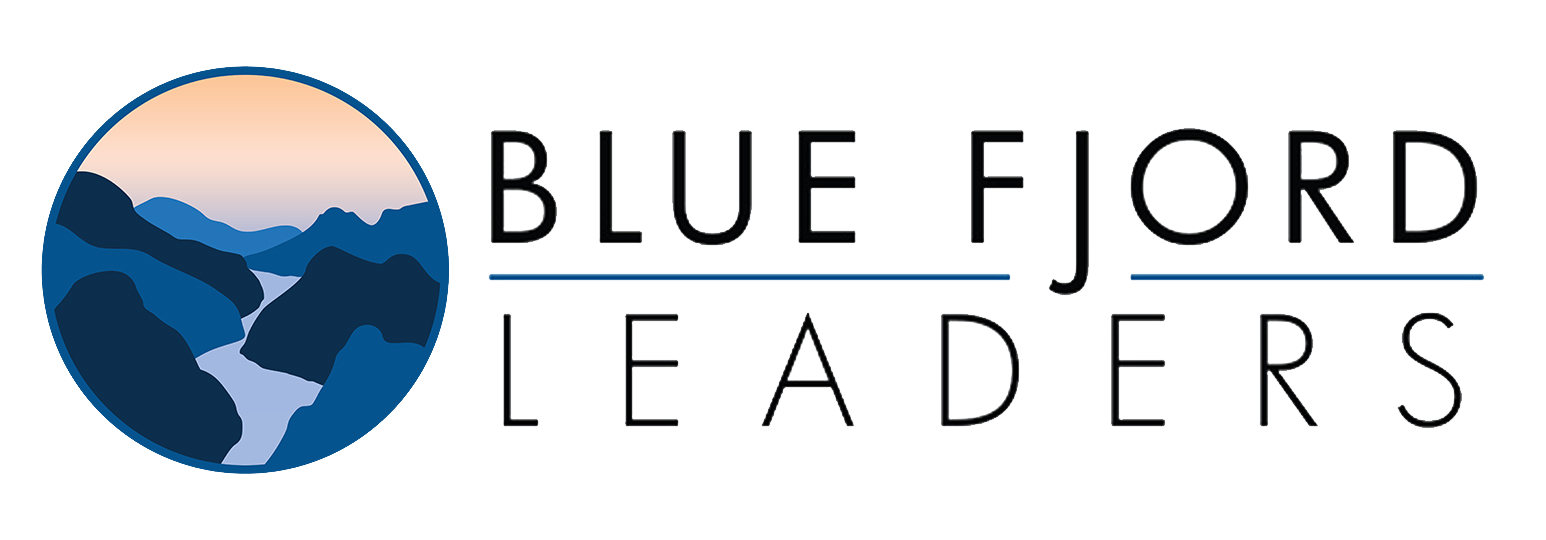Why you have to address personality conflicts at work
Have you ever worked in an office where a performance problem went unaddressed? Have you ever watched personality conflicts negatively impact productivity and no one does anything about it? As a top performer, have those types of situations ever frustrated you? Each time I ask these questions of a group of professionals, the answers are yes, yes and heck yes.
All stem from a common problem – an inability of the responsible manager to have a difficult performance conversation particularly one rooted in personality conflicts. Guess what? If you are not now you will be that manager. Are you ready to take on a difficult conversation?
No one relishes a difficult conversation but, in my experience, hesitancy stems from lack of confidence in the ability to manage the conversation. Handling a personality conflict is a particular type of communication skill that can be learned with practice. Otherwise, performance problems become entrenched, hard feelings fester, and top staff question their efforts to go the extra mile when management doesn’t deal with problems.
This is the skill we’ll explore today in the last of the three-part series on what it takes for your organization to run like a well-oiled machine where the “oil” is communication skills. First, we wrote an overview about three communication tips that grease the gears: listening skills and diffusing tense moments, and resolving hard feelings.
Today we’ll focus on personality conflicts. Many managers are reluctant to get involved but the downside of avoidance is serious because it will affect the business. When someone says, “I just can’t work with her!” feelings are hurt, friction is high, and gears have ground to a halt. You can’t afford to disengage. Here are the skills you need now.
The steps to resolving personality conflicts at work
- Identify the behavior (not the label). Herbert comes to you and says, “I’m not working with Keisha any longer. She is so disrespectful!” “Disrespectful” is not a behavior; it’s a label Herbert created that generalizes his perception of Keisha. Herbert interprets Keisha’s behavior as disrespectful. You (and Herbert and Keisha) need more definitive information. Your response is, “Herbert, tell me more about the specific behavior you observe in Keisha that makes you think she’s disrespectful.” Herbert may need to think about this because “disrespect” is a convenient label that masks the real behavior issue. Finally, he says, “She interrupts me in meetings and won’t let me finish my point! And she does it ALL THE TIME!” Now there is a concrete topic to discuss. Plus, a discussion about interrupting is more easily tackled than one about disrespect.
Your Skill: Ask questions to get below the label and discover the behavior(s) at the root of the problem. All parties in a personality conflict need specific behavior examples. Behaviors can be changed (more easily than labels).
- Discuss the behavior and how it feels. With clarity about the behavior concern, you can separate the behavior from the bad feeling. Make no mistake, it is feelings at the root of a personality conflict. For example, you might say to Herbert, “Let me repeat this back to make sure I understand. When Keisha interrupts you in meetings and won’t let you explain, that feels disrespectful. Is that correct?” When Herbert agrees, you can coach him to talk with Keisha about interrupting. This is a clear, specific behavior that can be corrected, and some of the emotionality has been discharged.
Your Skill: Discuss behavior separate from feelings. The formula is: “When you do [behavior], I feel [feeling.] What is your perception?” This formula works because the discussion is focused on the behavior (not the person) and feelings are not arguable. They are yours and they are real – to you.
- Be curious about other perceptions. Approach the conversation with a sense of curiosity. Curiosity is neutral territory and immediately conveys a willingness to entertain other viewpoints. That willingness deescalates tension. After all, there is always another way to view a situation. Be open to that. Herbert could say, “This is my perception. Keisha, what is your perception of this situation?”
Your Skill: Be sincerely open to learning the other person’s perception. And use the word “perception.” That word reinforces the concept that each person has their own version of reality. Both are valid.
- Engage in an open dialog. Up to this point there may not be a resolution; however, the problem has been framed in a way that allows space for new understanding, revised interpretations and two-way discussion. Use listening skills to truly understand. Keisha may be unaware of her tendency to interrupt and the level of impact it has on Herbert. An honest conversation may be all that’s necessary to revise behavior and improve the relationship. In my experience, most personality conflicts stem from misinterpretation of one person’s behavior by another. Honest discussion goes a long way to resolution. Or Herbert may find out that Keisha really doesn’t value his perspective. If so, this opens a different series of questions to probe. As the manager of both Herber and Keisha, your role is different in these two scenarios.
Your Skill: Be ready to use listening skills to understand before jumping into your own perception. Ask with curiosity, listen and reflect what you hear until the other person confirms that you understand …from her perspective. Only then do you delve into problem solving dialog.
- Reach a conclusion and define next steps pertaining to the behavior. Whatever the outcome of the conversation, it is essential for both parties understand and agree on next steps. Consequently, I recommend that both parties state their understanding of the resolution and next steps. This technique surfaces any difference in understanding or perception that would have undermined the resolution.
Your Skill: Verify understanding and next steps to the point that both people and state them.
Stay calm. You cannot have a difficult conversation it you are agitated, angry or frustrated. Schedule the conversation at a time when you are well rested and calm. Do not tackle this type of discussion at the end of a long day when everyone is tired. You need a calm, energized (not exhausted) brain to have attention, flexibility and self-management available to your brain.
Don’t be that manager who is afraid to address personality conflicts at work. You can develop this skill and when you do, your organization will run with greased gears and the best staff will want to work with you.





0 Comments